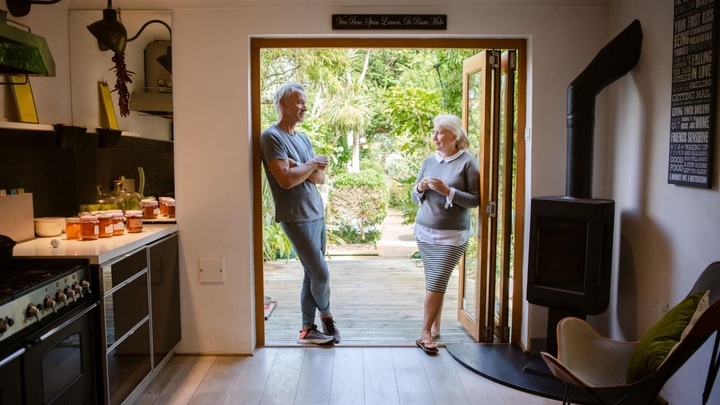How to handle a bad review
Bad reviews can sting, but even top-rated hosts get them from time to time. Here are a few tips for handling negative guest feedback.
Responding to bad reviews
Leaving a public response helps show guests that you’re open to suggestions. A short, friendly reply can help reassure other guests that you care about their experiences.
“I don’t expect any host to have 100% flawless reviews,” says Andrew, a guest who’s also a Superhost in Berlin. “I’m much more impressed by those who take critical feedback seriously.”
Consider these tips for responding to bad reviews:
- Thank guests for their feedback. This could be as simple as: “Thanks for your review. We really appreciate you taking the time to reflect on your trip.”
- Share how you’re improving your space. You might write: “We’re sorry the beds were uncomfortable. Your sleep is important, so we’ve added mattress toppers.”
You can request the removal of any review you receive that you believe doesn’t follow our Reviews Policy, such as a retaliatory review.
Improving as you go
Issues with accuracy and cleanliness are two of the most common reasons why guests give hosts fewer than five stars. Use guest feedback as an opportunity to refine your hosting.
Here are a few ways to show guests that you’re always open to improving:
- Treat feedback as an opportunity. Guests offer perspectives you might not have considered, like that you could simplify check-in or add more towels.
Be transparent. Keep your photos and listing description up to date to reflect what you currently offer. Explain how you handle potential drawbacks, such as providing earplugs if your street is noisy.
- Practise inclusive hosting. Focus on making every guest feel welcome by using gender neutral language and highlighting accessible features.
- Communicate with guests throughout their stay. Use scheduled messages to ask how things are going and promptly address any concerns.
Information contained in this article may have changed since publication.
